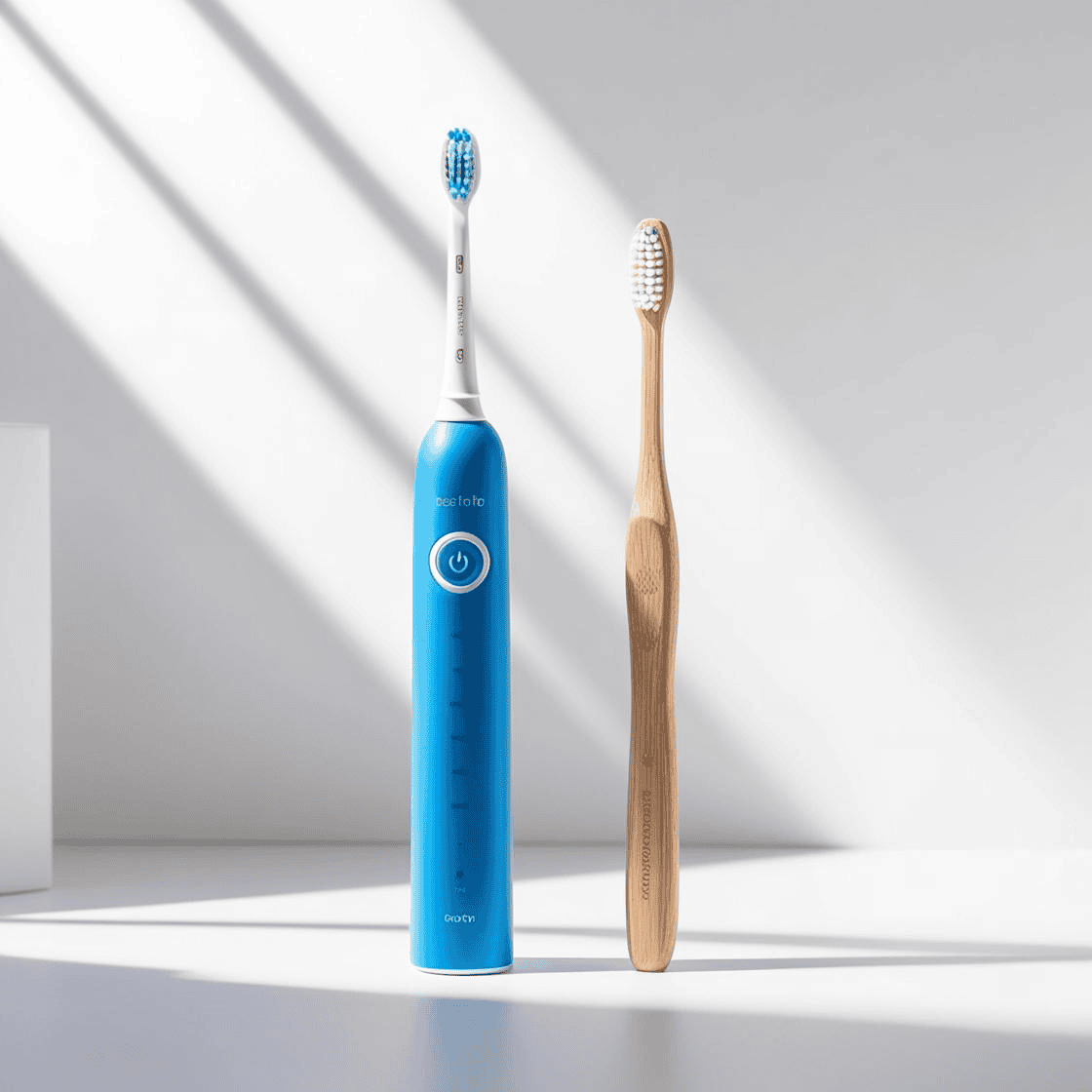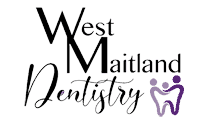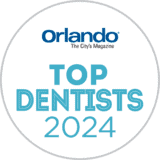Mechanical vs. Electric Toothbrushes: Which One is Right for You?

Oral hygiene is a cornerstone of overall health, and choosing the right toothbrush is crucial for maintaining a bright smile. With a plethora of options available, particularly the mechanical (manual) and electric toothbrushes, many consumers often wonder which type is more effective. Additionally, understanding the differences between bristle types can further enhance your brushing experience. In this blog, we’ll explore the advantages and disadvantages of both mechanical and electric toothbrushes and provide insights into the best bristle types to suit your dental needs.
Mechanical (Manual) Toothbrushes
Mechanical toothbrushes are the traditional toothbrushes that require manual movement to clean your teeth. They are typically affordable, widely available, and come in various sizes, shapes, and bristle types.
Pros:
- Cost-Effective: Manual toothbrushes are usually cheaper than electric options and don’t require batteries or charging.
- Travel-Friendly: Lightweight and compact, manual toothbrushes are easy to carry, making them ideal for travel.
- Variety of Options: Available in diverse bristle types, shapes, and sizes, manual brushes can be tailored to individual preferences and needs.
Cons:
- Technique-Dependent: Their effectiveness largely relies on the user’s brushing technique. Many people may not properly brush for the recommended two minutes or may not use the correct technique, leading to suboptimal cleaning.
- Less Consistent Pressure: Maintaining consistent pressure while brushing can be challenging, potentially leading to over-brushing or under-brushing.
Electric Toothbrushes
Electric toothbrushes use oscillating, rotating, or sonic technology to provide a more dynamic cleaning action. Most come with built-in timers and pressure sensors, making effective brushing easier.
Pros:
- More Effective Cleaning: Research suggests that electric toothbrushes can remove plaque more effectively than manual brushes, thanks to their superior cleaning action.
- Built-in Timers: Many electric brushes include timers to ensure users brush for the recommended two minutes and sometimes even provide a reminder to change quadrants.
- Ease of Use: The automated technology and typically larger handles require less manual effort, making it easier for people with limited mobility, such as children or those with arthritis, to maintain proper oral hygiene.
Cons:
- Cost: Electric toothbrushes are generally more expensive than manual options and may require additional investment in replacement brush heads.
- Charging and Maintenance: They require charging or battery replacements and can be less convenient for travel, depending on the model.
- Which One Should You Choose? With all the options available it may be cumbersome to figure out which one works best for you.
Ultimately, the choice between mechanical and electric toothbrushes boils down to personal preference, budget, and individual needs. Here are a few things to consider when making your decision:
- Effectiveness: If you find it challenging to brush effectively for the recommended time manually, an electric toothbrush may be a better option for you.
- Budget: If cost is a significant factor, a high-quality manual toothbrush can still provide excellent oral hygiene when used correctly.
- Practicality: If you travel frequently or have a busy lifestyle, a simpler manual toothbrush may suit your needs better.
Choosing the Right Bristle Type
Regardless of which toothbrush you choose, the bristle type is essential for effective cleaning. Here’s a breakdown of common bristle types:
Soft Bristles
- Recommendation: Most dentists recommend using a soft-bristled toothbrush.
- Benefits: Soft bristles are gentle on the gums and enamel while effectively removing plaque and debris. They are less likely to cause gum irritation or wear down tooth enamel.
Medium Bristles
- Recommendation: Medium-bristled brushes may cause discomfort or gum recession for sensitive individuals and are generally not recommended for most patients.
- Benefits: They offer a bit more scrubbing power than soft bristles, but caution is advised if you have sensitive gums. They may benefit patients that have limited mobility and are otherwise unable to properly brush their teeth.
Hard Bristles:
- Recommendation: Generally, hard-bristled toothbrushes are not recommended.
- Risks: They can be too abrasive, leading to gum damage, enamel wear, and increased tooth sensitivity. Opt for soft or medium bristles instead, even if you think you need something stronger.
Bristle Design
Some toothbrushes feature varying bristle heights, shapes or textures designed to better reach inter-dental spaces and gum line. When selecting a toothbrush, consider these specialized designs for added effectiveness. A round brush head tends to brush more effectively than a rectangle.
Choosing between a mechanical or electric toothbrush and determining the right bristle type are fundamental steps in establishing an effective oral hygiene routine. Both types of toothbrushes can be effective when used properly, so select the one that best matches your lifestyle and preferences. If choosing an electric toothbrush consider finding one with a pressure sensor to avoid gum recession. Remember, regardless of the toothbrush you use, it’s essential to maintain proper brushing techniques, brush at least twice a day, and visit your dentist regularly for optimal oral health. A bright smile and healthy teeth await you—we hope this helps you make the right choice for your brushing journey!



